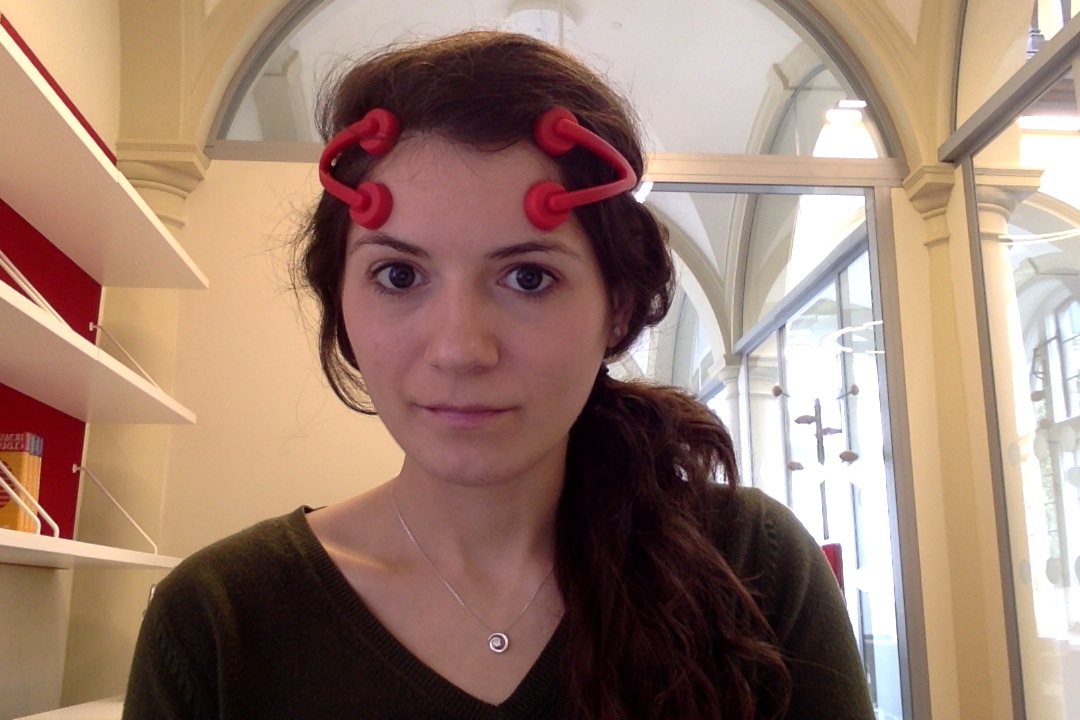Trust, mistrust, and science – finding the balance between conspiracy theories and naïve trust
Scientific illiteracy and “anti-science”-beliefs are a common topic in scientific and academic communities. For example, how most (or many) Americans do not understand the difference between DNA and a genetically modified food. Another known topic is, for example, skepticism towards vaccinations. In this editorial of the biggest Finnish newspaper, the author predicts that the new rise of the Middle Ages is upon us if people refuse to trust scientific results, and emotions continue to rule out reason.
While excessive skepticism and building conspiracy theories against science might, by and large, be irrational and, most importantly, harmful, the phenomenon deserves a deeper consideration than accusations of irrationality, emotionality, or stupidity.
An important reason for the need of deeper elaboration is in the following controversy: on the one hand, the scientific community, rightly, calls for trust to scientific work. Enormous accomplishments of biomedical science are a great argument for trusting science and its capability to improve life. However, on the other hand, there is strong evidence that the scientific community is not always trustworthy. Medical companies, the paramount founder of medical research, have faced many accusations of scientific misconduct and fraud (how funding affects outcomes – see also this and this -, ghostwriting, corruption). Furthermore, there is discussion about how FDA reacts to questionable and even unreliable scientific papers. It is claimed that despite the knowledge about scientific misconduct, the FDA does little to report the questionable results to physicians and medical researchers. And there is at least much evidence to discuss good practices concerning e.g. Monsanto and how things work with GMO agriculture. “What companies do is not the problem of science” is a legitimate sentence when discussing only the mere possible existence of some biomedical or GMO innovation, but when brought to a concrete level, the real-life questions should be taken back to the issue.Read More »Trust, mistrust, and science – finding the balance between conspiracy theories and naïve trust


